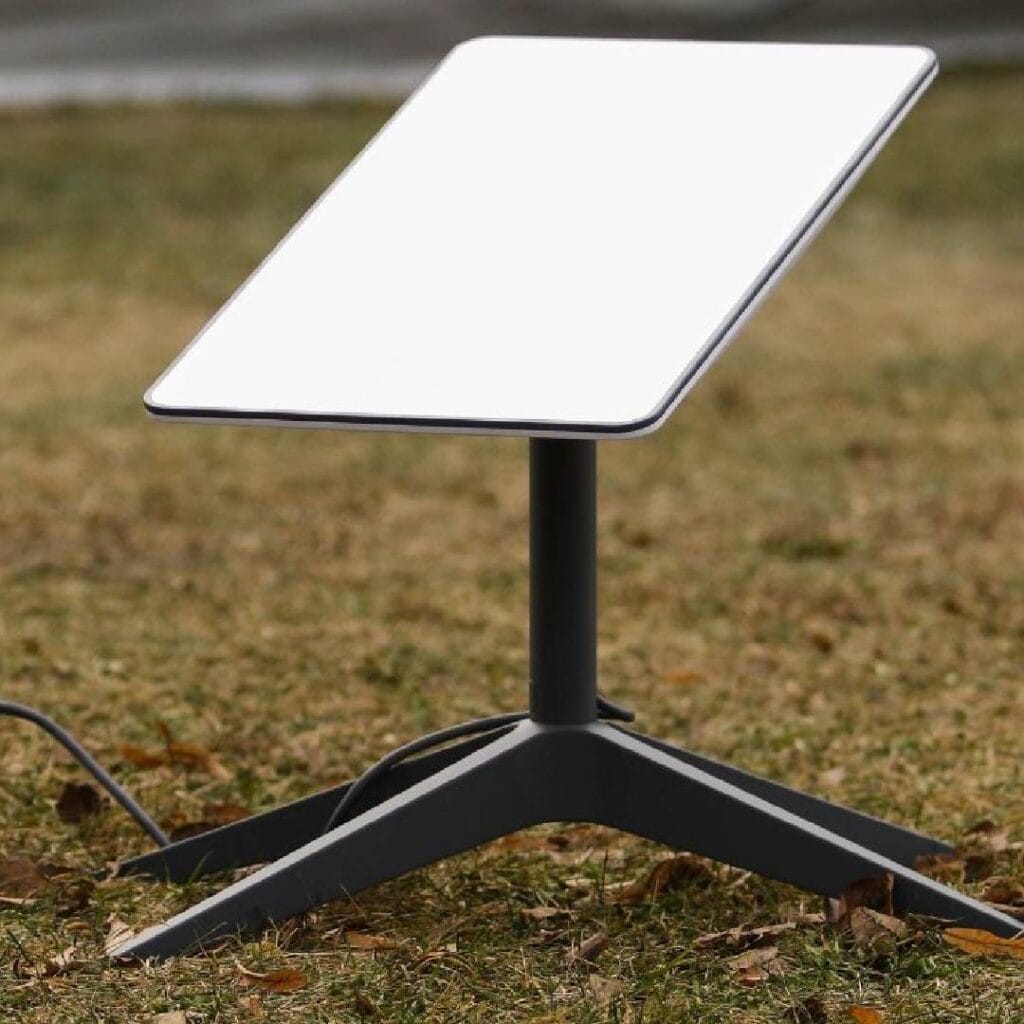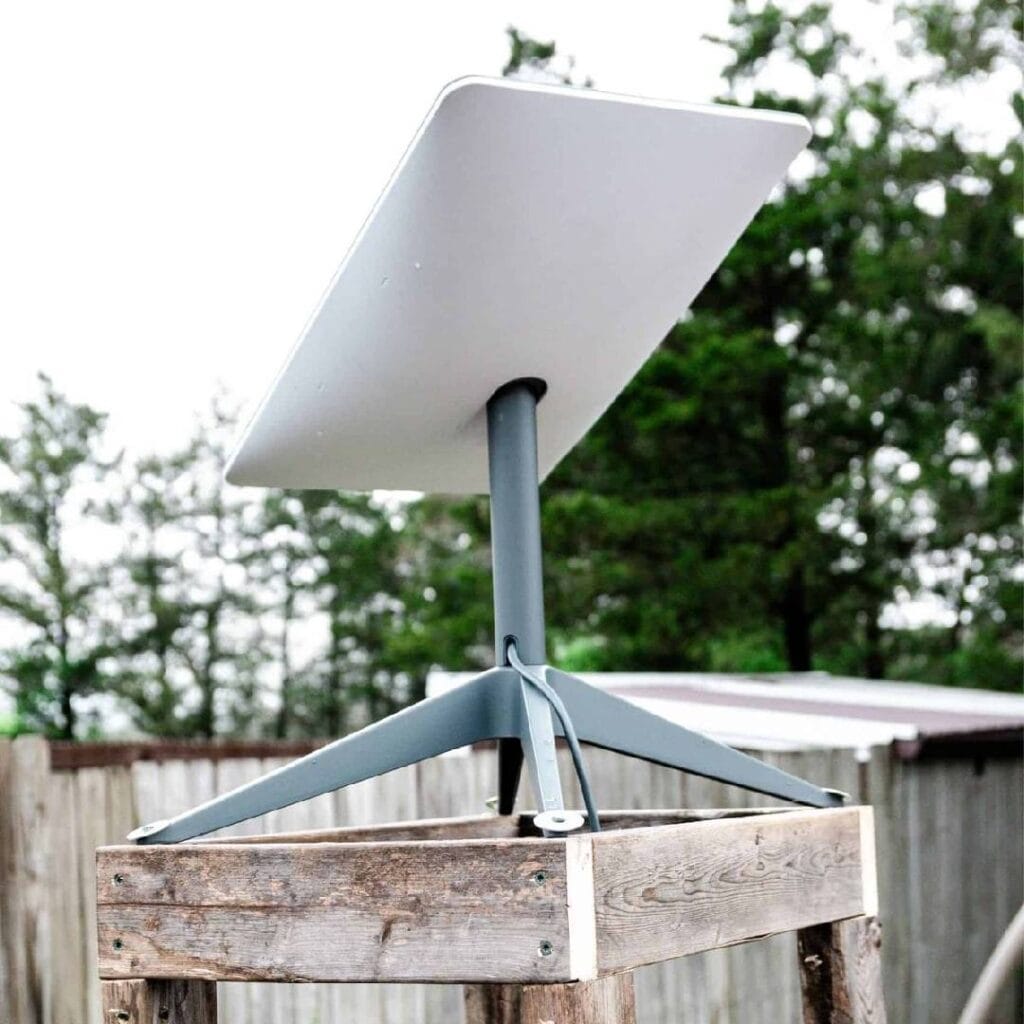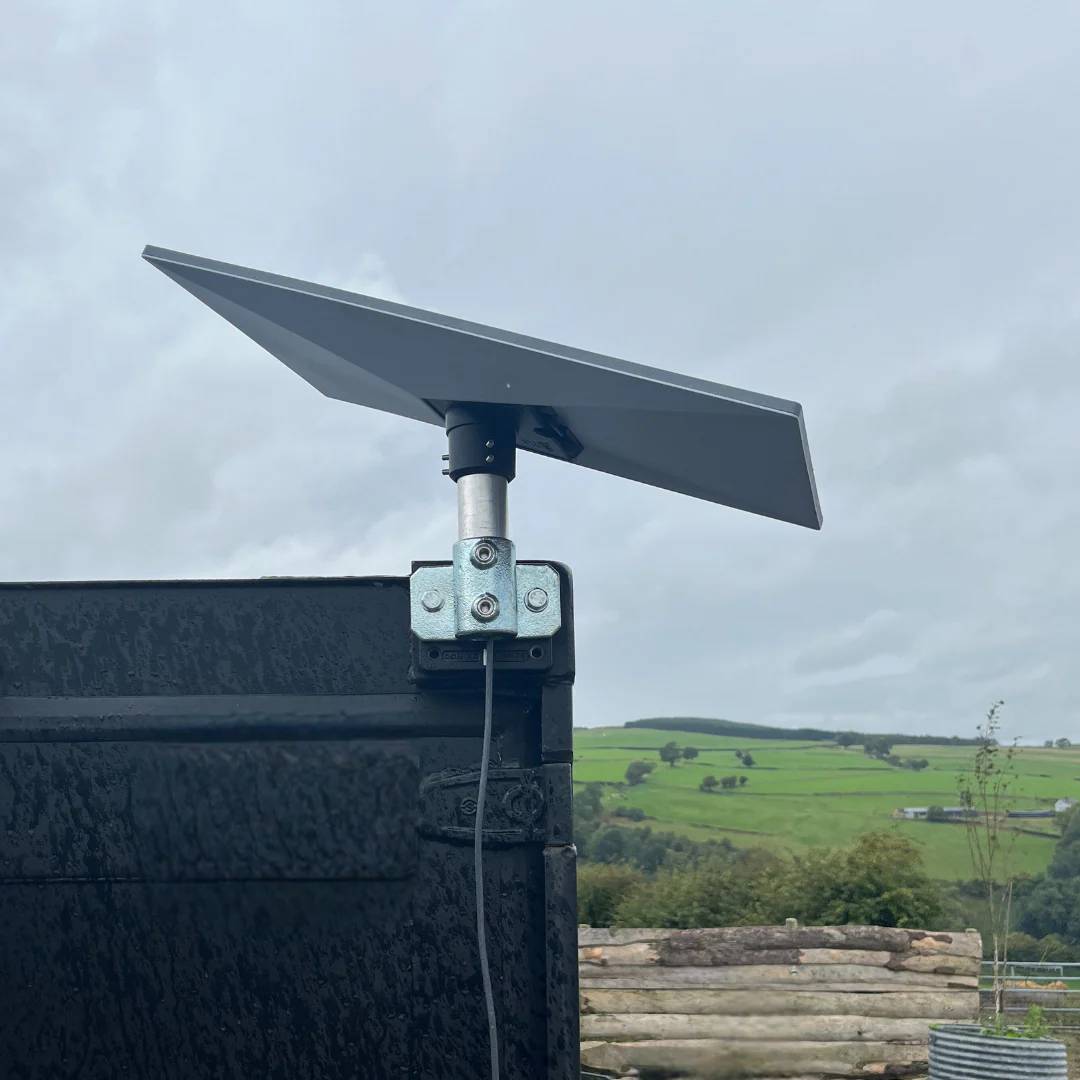Starlink Standard Kit Gen 3 has quickly become a game-changer in Kenya’s internet space,by providing fast and reliable satellite connection, even in areas where normal internet is slow or unavailable. One big advantage is that it works well in the city and the rural areas, giving steady internet where other providers cannot. Starlink has two main kit options in Kenya — the Starlink Standard Kit Gen 3 for homes and offices, and the Starlink Mini Kit for people who want a smaller, portable, and cheaper option.
In this blog, we will look at the differences between these two kits and help you understand which one is best for you.dering which one suits their needs best.
Starlink Standard Kit Gen 3

TheStarlink Standard Kit Gen 3 includes a larger dish with a kickstand, a separate Wi-Fi 6 router, and higher power usage (around 75–100 W). It has a broader field of view, stronger reception, and better throughput, making it reliable for heavy household or office use. For more info on its detailed specs check out Starlink). It is ideal for families, offices, and shared spaces where multiple people are online at once.
Starlink Gen 2 vs Gen 3
The Starlink Gen 3 has replaced the Gen 2 model, offering better performance, improved durability, and greater portability. The table below shows the main differences between the two models.
| Feature | Starlink Gen 2 (Actuated) | Starlink Gen 3 (Standard) |
|---|---|---|
| Design & Mounting | Motorized dish that aligns automatically | Flat, manual alignment dish, compact and portable |
| Peak Download Speed | Up to 450 Mbps | Up to 475 Mbps |
| Peak Upload Speed | 60 Mbps | 75 Mbps |
| Field of View | 100° | 110° |
| Durability / Environmental Rating | IP56 | IP69K (better resistance to weather and water jets) |
| Power Consumption | ~110 W | ~70 W |
| Portability | Larger, less portable | Compact, lightweight, easier to transport |
| Alignment | Automatic motorized | Manual, more flexible positioning |
| Price | Ksh 46,000 | Ksh 50,000 |
Starlink Mini Kit

The Mini Kit is a lightweight, portable, all-in-one system with Wi-Fi built directly into the dish. It consumes less power (25–60 W) and is easy to run off portable batteries or solar. While speeds are lower than the Standard, it can still support streaming, browsing, and video calls.it can handle only 128 connected devices and still works for small households or personal use Check here for more specification. details here
Comparison: Starlink Standard Kit Gen 3 vs Starlink Mini Kit
In a nutshell the table below clearly shows the difference between these two Kits.
| Feature | Starlink Gen 3 | Starlink Mini Kit |
|---|---|---|
| Weight | 2.9 kg (6.4 lbs) | 1.1 kg (2.43 lbs) |
| Dimensions | 594 mm x 383 mm x 39.7 mm (23.4″ x 15.1″ x 1.6″) | 298.5 mm x 259 mm x 38.5 mm (11.75″ x 10.2″ x 1.45″) |
| Field of View | 110° | 110° |
| Power Consumption | Average: 75–100 W | Average: 25–40 W |
| Wi-Fi Standard | Wi-Fi 6 (802.11 a/b/g/n/ac/ax) | Wi-Fi 5 (802.11 a/b/g/n/ac) |
| Router Ports | Two Ethernet ports | One Ethernet port |
| Coverage Area | Up to 297 m² (3,200 ft²) | Up to 112 m² (1,200 ft²) |
| Durability Rating | IP67 Type 4 (dust and water-resistant) | IP67 Type 4 (dust and water-resistant) |
| Operating Temperature | -30°C to 50°C (-22°F to 122°F) | -30°C to 50°C (-22°F to 122°F) |
| Ideal Use Case | High-demand applications like streaming, gaming, and large households or offices | Portable use, travel, RVs, and areas with limited infrastructure |
Pricing & Plans in Kenya
The price of Starlink standard kit in Kenya varies depending on the place you are getting it from with it’s price averaging between Ksh 50,000 and 52,000 for the Starlink Standard Kit Gen 3 27,000 and Ksh 28,000 for the Starlink Mini kit
Starlink Monthly Subscription Plans in Kenya
Both kits use the same plan. The main difference is that the Standard hardware will deliver higher speeds and more stable performance under load, while the Mini provides portability with slightly reduced throughput.
- Residential 50 GB: KES 1,300/mo – capped at 50 GB (Tuko)
- Residential Lite: KES 4,000/mo – unlimited, lower priority (TechWithMuchiri)
- Residential: KES 6,500/mo – unlimited, higher priority (Techweez)
Does Starlink Work in Nairobi?

Yes, Starlink works in Nairobi. However, it is important to note that performance is influenced by the surrounding environment. Nairobi, with its dense urban setup and tall buildings, can sometimes block the dish’s view of the sky. Starlink requires a clear, unobstructed view of the sky for best performance.
If you’re using it in Nairobi or similar built-up areas:
- Place the dish on rooftops or balconies with the widest sky view.
- Avoid areas blocked by tall buildings, trees, or water tanks.
- Use the Starlink app to check for obstructions during setup.
For users in rural Kenya, where the skies are clearer, the connection is typically more stable and consistent.
Which One Should You Choose?
The difference between the two kits depends mainly on your budget, the number of devices you need to connect, and the type of use—for example, whether you need high speeds and low latency for work, streaming, or gaming.
- Choose the Starlink Standard Kit Gen 3 if you need a reliable household or office connection that supports many devices.
- Choose the Starlink Mini Kit if you want a more affordable, portable option for lighter internet needs or travel.
Both kits support the same subscription plans, so your decision comes down to budget, portability, and how many devices you plan to connect.
